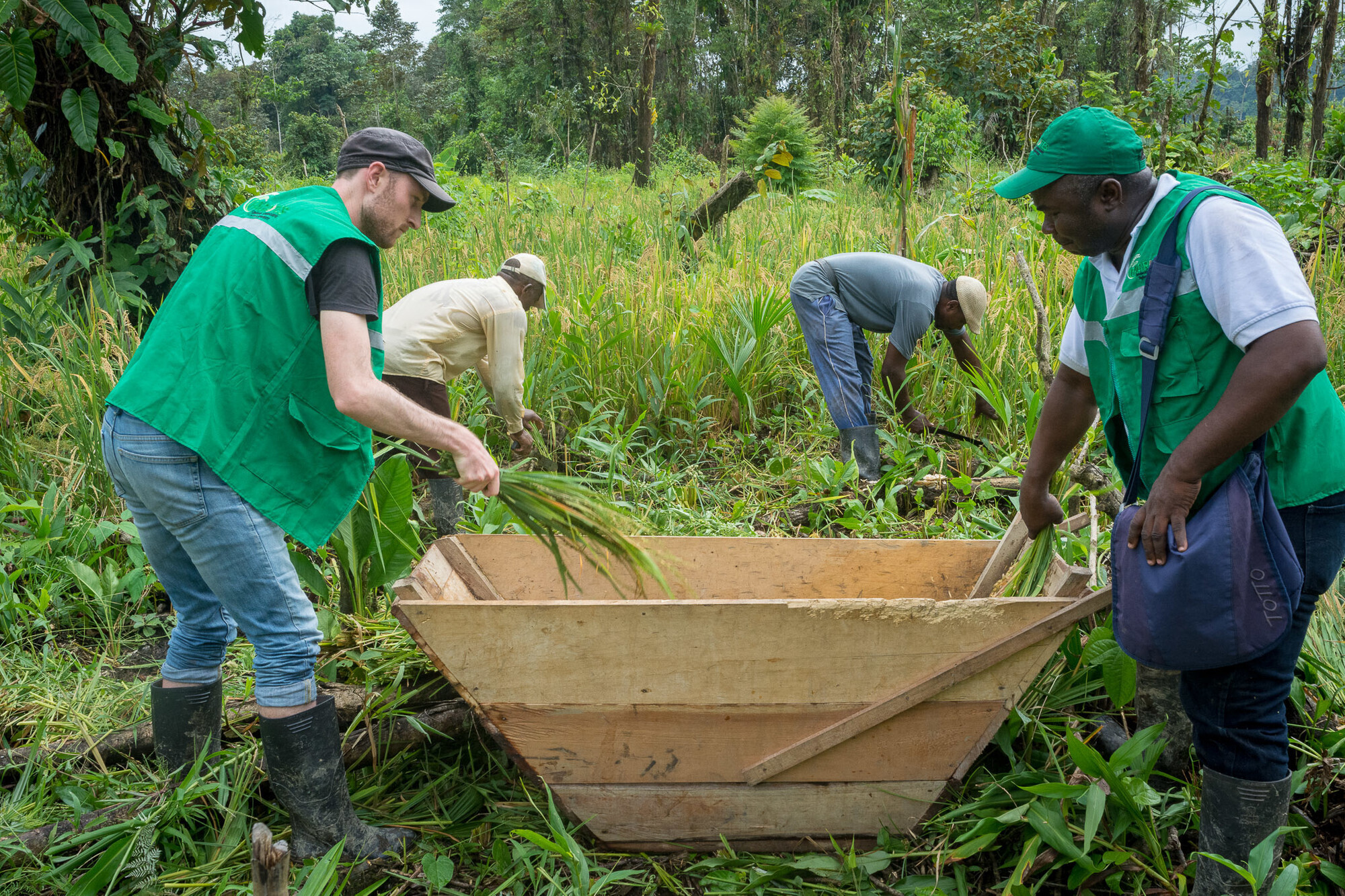Give peace a chance: Ask Canada to support peacebuilding

As we respond to the conflicts in Ukraine, Gaza, and around the world, we ask the Canadian government to respond with nonviolence at every level. We encourage the use of tools such as diplomacy, disarmament, and conflict resolution at the international level and encourage the government to provide more substantial support for non-violent locally-led peacebuilding.
Peacebuilding efforts are a diverse set of actions that proactively seek to both understand and respond to the changing local context. These efforts seek to both ensure that no further harm is done in a community, and to address the roots of conflict, with the goal of building sustainable peace.
In Canadian government policy and practice, the default response to major conflict is usually to support or send military operations. Even when the military is not involved, peacebuilding is often not explicitly included as part of development or relief activities. Peacebuilding is often overlooked as an effective method for creating sustainable change. Yet, MCC’s work demonstrates the power of peacebuilding.
Many of MCC’s local partners around the world see a clear place for peace within development and humanitarian projects. Local partners point out that foreign military interventions often exacerbate conflict and division, rather than contribute to long-lasting peace.
The leadership of local organizations in peacebuilding efforts is an essential part of this equation. Local organizations often have the most in-depth understanding of the complex dynamics and needs of the communities where they live and work.
Based on the work of our partners, MCC believes that non-violent local peacebuilding needs to be a key pillar of Canada’s foreign policy, coming alongside both development and humanitarian actions, and as an alternative to foreign military interventions.
Send a letter to the ministers of foreign affairs and international development today asking for more substantial and comprehensive support for non-violent locally-led peacebuilding.
Click the links below for three different stories about the power of peacebuilding:
Peacebuilding as fostering alternative crops in Colombia
Peacebuilding through kitchen gardens for both displaced and host communities in DR Congo
Peacebuilding between faith communities through emergency relief in Syria

